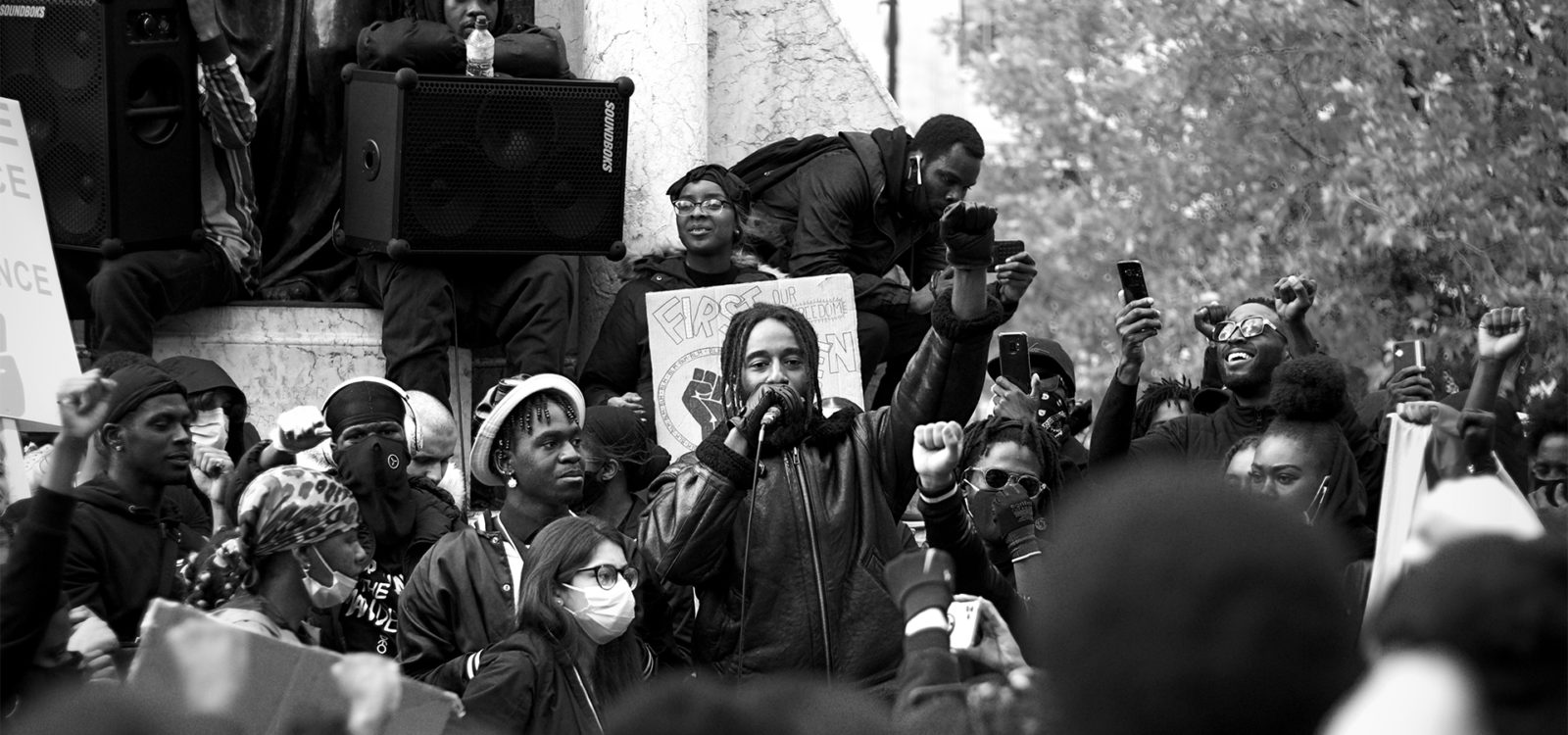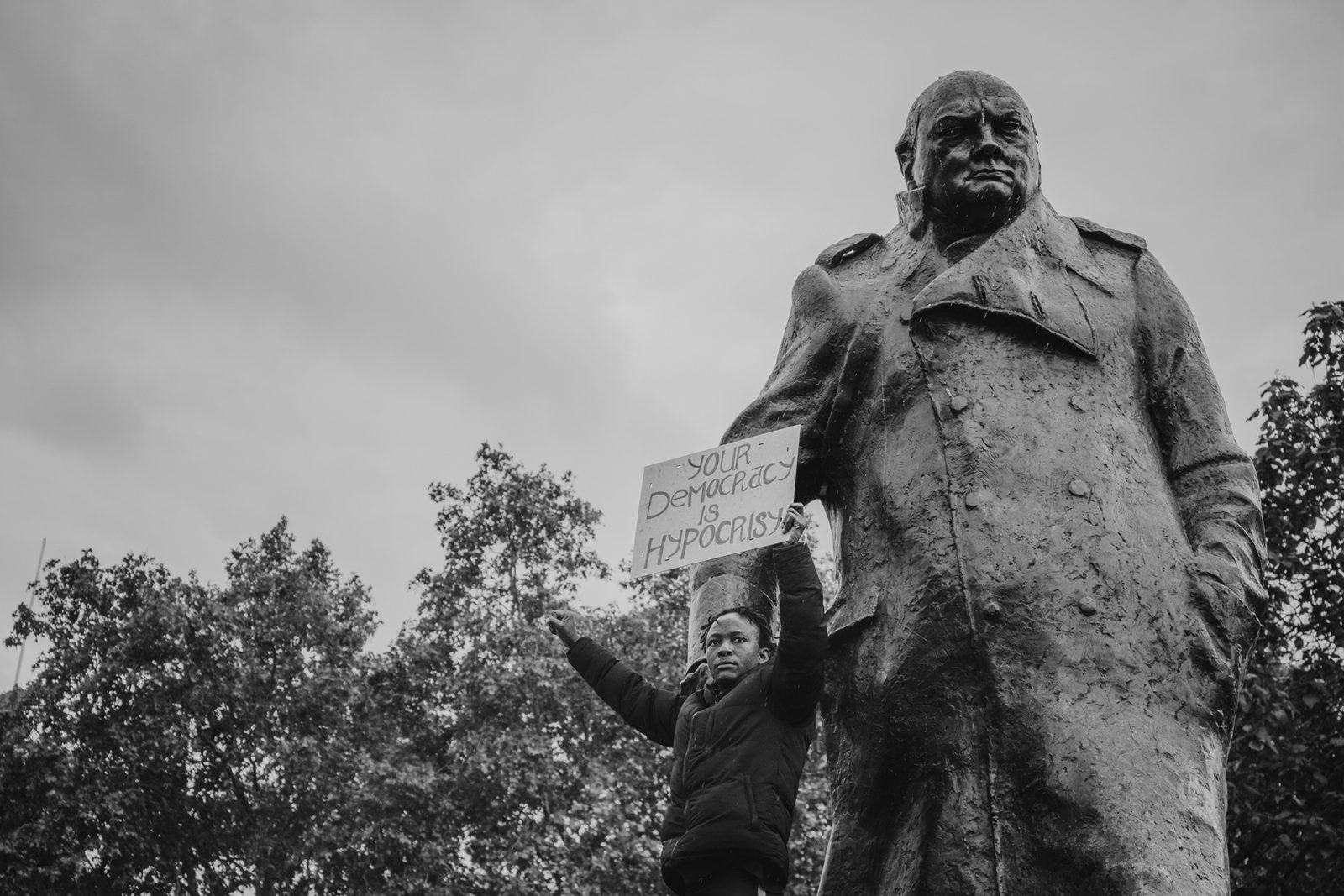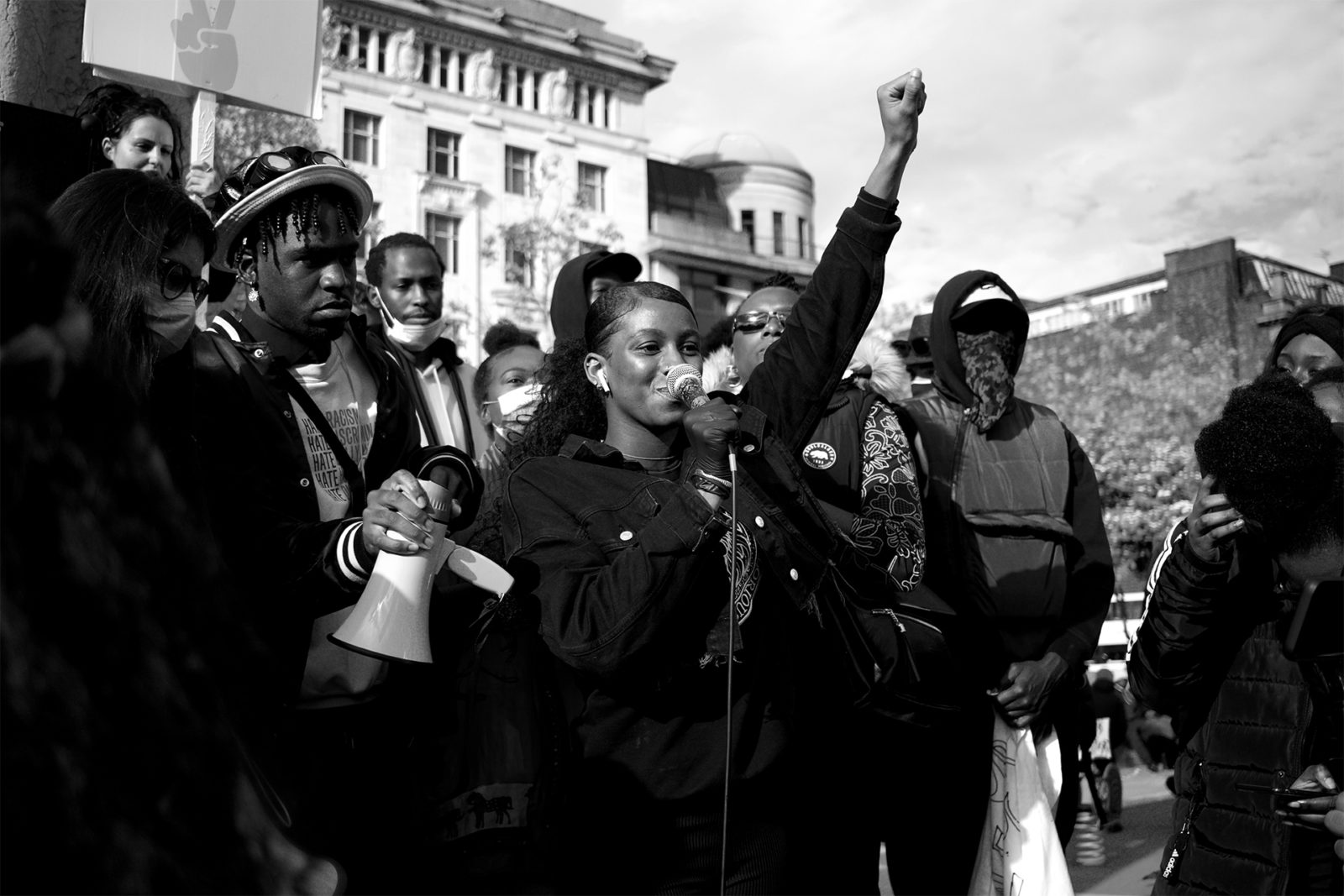
Black Lives Matter
Thoughts on a global civil rights movement
There’s been so much going on with the Black Lives Matter protests over the last few months. Here’s thoughts of three GOOD people of colour on what this means for our past, present and future.
Britain’s reckoning with its racist past – Louis Cochrane
At school, I was never taught about how British imperialism shaped our country. Nothing was taught about Britain being the creators of the global slave trade or its bloody subjugation of British India, Most of Eastern Africa and Australia.
If it was, it would add some greatly needed context to the long history of migration of commonwealth citizens to the UK. It might cover how there was a call from British government to its colonised nations to help with plugging the labour gap left by British men killed in the Second World War. And how this led to a flood of West Indian men and women gladly accepting the call to help the ‘mother country’ in its time of need – only to be welcomed by a nation not yet ready to accept them as equals.
I’m fortunate enough to have been raised by socially conscious parents, who ensured I had a certain degree of education of Britain’s racist history. This was partially because of my West Indian father’s own negative experience of racism in the UK and his desire to protect me from a society not favourable to black men.
Without this education at home I might have thought that Britain was a utopia of racial equality, as the English education system would have me believe. Rather than as a system set up to keep its colonised subjects in check.
This lack of historical context has led to many white Brits being blind to racism in the UK. Why look for what doesn’t affect you? Why, as a parent of white children, would you feel the need to point out racism to them, when you know they’ll never have to face discrimination because of the colour of their skin?
Boris Johnson suggested the recent protests sparked by the death of George Floyd were solely about police brutality in the US. But they are about much more than that. Grenfell, the Windrush scandal, stop and search and a judiciary system that disproportionately imprisons people from BAME backgrounds, are all examples of systemic racism that has persisted in Britain since the fall of its ‘great’ empire.
The protests seem to have finally awakened many white people to the problems facing the black community. They are beginning to fill in the gaps left by an education system that has painted over the racial cracks that divide the country.
But we now need to share what we learn. Call out racism when we see it. Support those who don’t share our privileges. And fight for a British education system that owns up to its racist past.



Black lives have always mattered – Binta Jallow
Whilst chatting to a friend, we spoke about how we’d describe the last few months. Promising. Draining.
In June, people across the UK took to the streets to protest institutionalised racism and police brutality. I was glad to see the masses gathered in Trafalgar Square, John Boyega shouting down a megaphone to a crowd in Hyde Park, and a certain statue pulled down over 100 miles away in Bristol. It’s all incredibly brave, especially when you remember that we’re still battling a pandemic which we know is disproportionately affecting people of colour. Like many, I’m glad it’s all happening.
Equally, it’s hard for it not to feel bittersweet. Whilst talking to family and friends, our thoughts have seemed to echo each other’s. Our justice system continuously fails us, we know that. We’ve been shouting about racism for years. Why weren’t this many people outraged years ago? Why are we all now making big abrupt changes? And hasn’t this all happened before?
The example that springs to mind is of Munroe Bergdorf. Back in 2017, the transgender model spoke out about racism and white supremacy, only to be fired by cosmetics company L’Oreal. During the protests, the company posted online to show their solidarity with the black community and highlight the importance of speaking up. Understandably, many – including Munroe – were raging. Didn’t racism matter to you three years ago?
There’s a constant sense of déjà vu as we’re watching the world wake up to racism again and again. Speaking as a person of colour, we often delete our social media at these points, needing to unplug and take a breather, only to redownload the same apps a few hours later. Because not staying up to date doesn’t feel like an option. Gradually, the topic drifts out of the public consciousness and then, the next event happens. A person that looks like yourself or someone who could easily be a member of your family is plastered all over the news. The world wakes up. Repeat.
Each time, we’re looking for a breakthrough and perhaps there’s been glimmers of it. Calling out performative action and weak statements. Longer-term actions and commitment to change. Challenging the more subtle systemic disadvantages that exist in our sector, which I should know all about. I landed my job here at GOOD through positive action and an active desire to make our agency more diverse. It’s worth saying that all this isn’t enough, but it’s a start.
So, you’ll understand why my friend and I summarised the last few weeks in the way that we did. The protests are dying down and it’s now in the news less and less as each day passes. But we’re still shifting our perspectives on race, privilege and justice. And we’ll keep shouting about it.
Draining but promising. Here’s to hoping the world will stay awake with us this time.

A better future for the industry – Jess Sargent
Like most of us, I’ve been doing a lot of reflecting over the last few months. The murder of George Floyd and the global response have reminded us of just how much further we must go to fight racism at all levels and in all places. How much harder we must fight to make the momentum last this time.
Studying literature at university allowed me to discover a world beyond the white, male canon that had formed our curriculum at school. I read my first book by a Trinidadian author as part of my Postcolonial Literature unit. Sam Selvon’s The Lonely Londoners gave me an insight into the Britain that my grandfather would have experienced when he arrived in London from Trinidad, which I never had the chance to ask him about.
Racism may look different now to the racism our parents and grandparents experienced, but it has certainly not gone away. It can be overt, but it is often subtle and systemic – which arguably makes it a trickier beast to fight.
Just one example of this can be seen in a study carried out by Nuffield College’s Centre for Social Investigation between 2016-17. They found that while 24% of applications with white, British sounding names received a call back from UK employers, only 15% of ethnic minority applicants did. It’s vital that we learn to recognise and confront these biases.
The UK advertising industry is largely based in London. In 2017, the Creative Industries Federation reported that only 12.6% of creative jobs are filled by BAME people, while 40% of London’s population is BAME.
And as much of the research on this subject groups all minorities under the umbrella term ‘BAME’, it’s difficult to get a clear picture of how representation differs within this group. I know that my experiences as a mixed-race person are not the same as those of my black peers.
The inherent biases in recruitment are being compounded by many factors, including the cost of living and interviewing in London, lack of contacts or connections in the industry, or simply not hearing about the roles on offer. It’s clear that black people are having to work harder to succeed. Recent research by Debut found that black male students were completing 55% more job applications than their white counterparts.
How can we make our industry more inclusive and accessible? How do we make it more representative of our society? How do we make it a better place for people of colour – and more specifically, black people – to work?
At GOOD, we’ve started by refocusing and formalising our efforts, from big picture KPIs for representation to unconscious bias training. From building on our partnerships with Creative Access, the Social Mobility Foundation and Brixton Finishing School, to working our way through anti-racist resources in our agency book club.
There’s a lot more work to be done. But in times like these, I’m grateful to be surrounded by people who are determined to make a difference.


